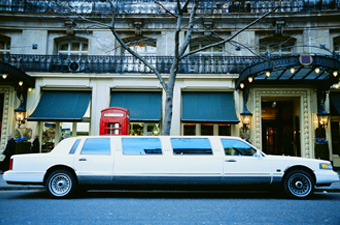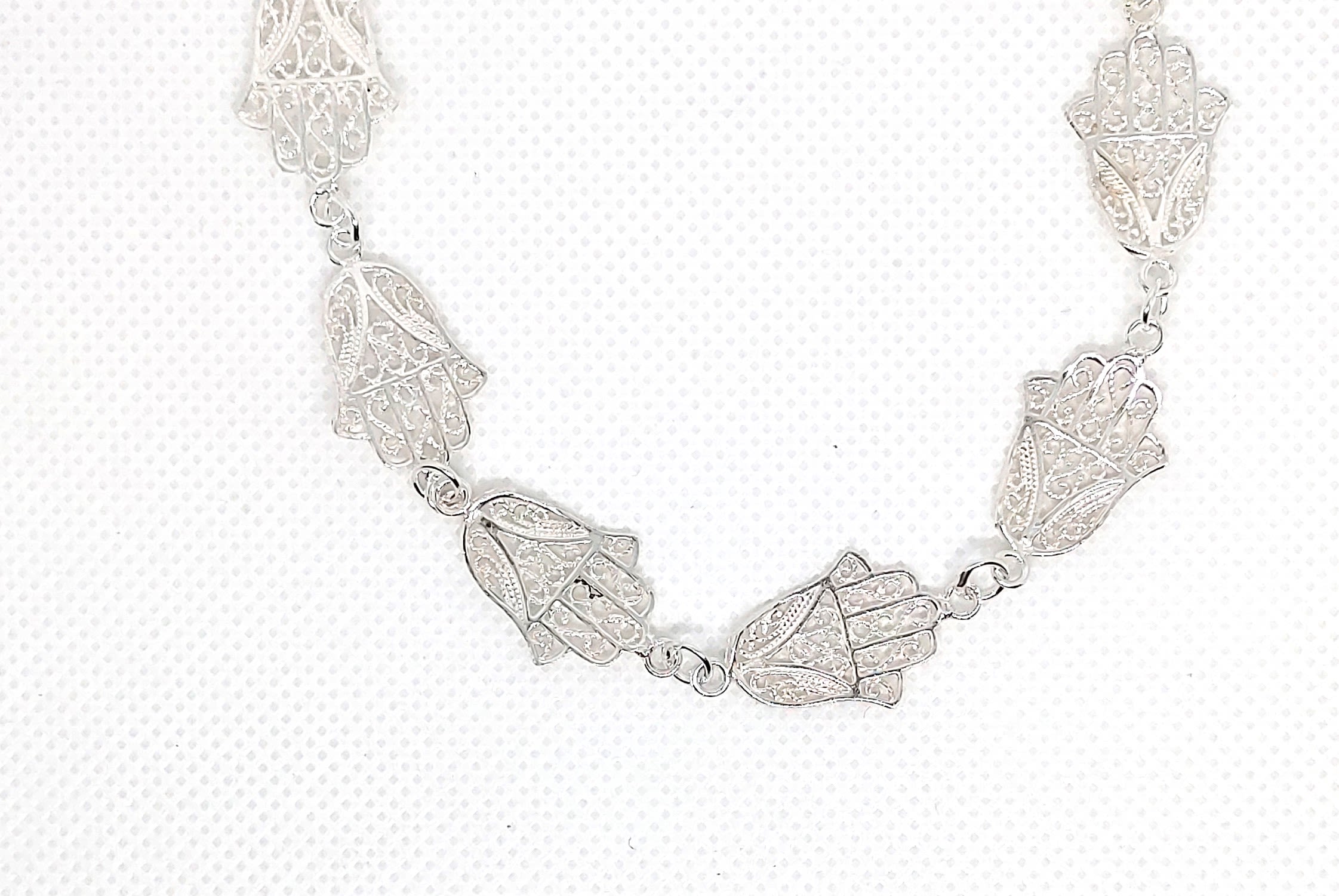
Tetzaveh: Hashem’s Ambassador
Some people confuse the notion that a Jewish woman must dress modestly, with the notion that she must make herself unattractive. An ambassador must look immaculate!

Parshat Tetzave
MUST WE BE WELL DRESSED?
This week’s parashah gives a detailed description of the Kohanim's garments. Each garment with its deep symbolic significance must also be exquisite and splendid in appearance. “You shall make garments of holiness for Aharon your brother for glory and for splendor” (Shemot 28:2). Rabbi S. R. Hirsch explains that whereas the word “glory” expresses the spiritual and ethical virtue of the Kehunah, the word “splendor” adds the element of beauty. Thus, it is clear that according to the Torah a dignified outward appearance must go hand in hand with inner spiritual attainment. In his description of the Woman of Valor, King Salomon also highlights the importance of being well dressed: “Luxurious bedspreads she made herself, fine linen (shes) and purple (argaman) are her clothing” (Mishlei 31:22).
It is interesting to note that fine linen and purple (shes v'argaman) are the materials used for the garments of the Kohanim: “They shall take the gold, and the blue purple, and the red purple, (argaman) and the crimson, and the fine linen (shes)” (Shemot 28:5). Thus, the comparison between the Woman of Valor and the Kohen Gadol can be extended to comprise not only her home and work, but also her clothing. This is also alluded to in the verse which reads “She seeks wool and linen” (Mishlei 31:13), since only the Kohen Gadol is permitted to wear a mixture of these materials. Just like the Kohanim are commanded to dress “for glory and for splendor”, it is not becoming for a woman to neglect herself like a self-sacrificing “shmata,” (doormat) dressed in shapeless hand-me-downs. The Woman of Valor understands the importance of dressing in a dignified manner.

G-D'S AMBASSADOR IN THE WORLD
I have often been confronted with the following question: “How come a religious woman is allowed to wear a wig that is more beautiful than her own hair?” Some people confuse the notion that a Jewish woman must dress modestly, with thinking that she is obligated to make herself unattractive. The purpose of wearing modest garments is not to make oneself look ugly. Actually, many people look better dressed than undressed. This does not make them more modest without clothes! I am not trying to defend the custom of wearing wigs. I myself prefer the more free flowing, practical look of the headscarf. However, arguing that wigs might make a woman look more beautiful is invalid, since the purpose of dressing modestly is not to make oneself look horrible.
When I was once interviewed for a newspaper, the journalist expressed his surprise that I was wearing eye makeup: “I thought married women must cover their hair in order to look unattractive to other men, so how come you are allowed to wear make up?” I explained that according to the Torah we are created in the image of G-d. Therefore, we must dress accordingly. As a Jew I am a representative of G-d in this world, in the same manner that an ambassador represents his country abroad. Just as my actions ought to be immaculate, so too must my outward appearance be attractive to reflect my Creator – the Master of the Universe. I might have phrased my thought differently if I had known that my picture would later appear with the caption: “I am G-d's ambassador.”
IS BEAUTY VAIN?
“Grace is false, and beauty is vain, a woman who fears G-d, she shall be praised” (Mishlei 31:30). From this verse, it sounds as though outward beauty must be avoided, since it is called false and vain. However, the Kohanim are commanded to wear garments “for glory and for splendor.” Likewise, the Woman of Valor is praised for wearing “fine linen and purple,” and for being dressed in majesty. Outward beauty, therefore, cannot be opposed to fear of G-d. Beauty is only false and vain when we strive towards its attainment for its own sake. We must not be blinded by the flashiness of outward beauty and forget that the main goal is to attain true fear of G-d. Being well dressed is a means to serve G-d in a more refined way. We do not beautify ourselves for our own self-aggrandizement; rather, our intention must be to honor G-d by being crowned in beauty. In this way the Jewish woman becomes like the Kohen, whose dress code is a reflection of the way he honors G-d.
***
Rebbetzin Chana Bracha Siegelbaum is Director of Midreshet B’erot Bat Ayin in Gush Etzion. This article is an excerpt from her book Women at the Crossroads: A Woman’s Perspective on the Weekly Torah Portion, reviewed by The Jerusalem Post, The Jewish Press, Voices Magazine, Good Reads, and WordPress/JewishPress and more.












Tell us what you think!
Thank you for your comment!
It will be published after approval by the Editor.